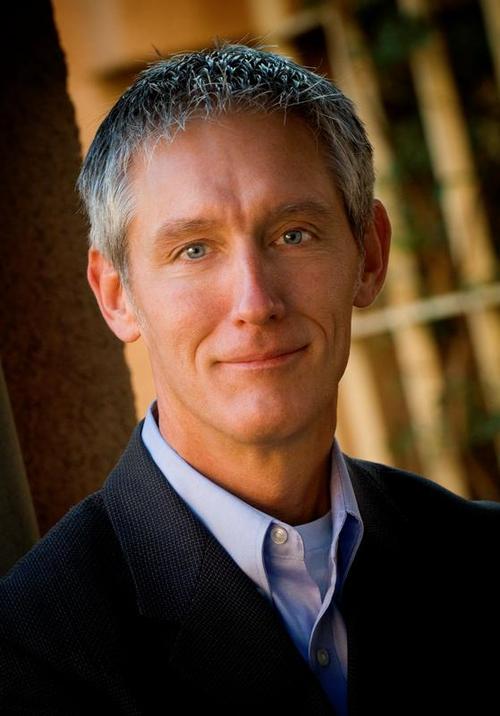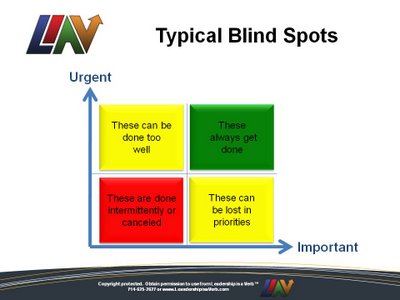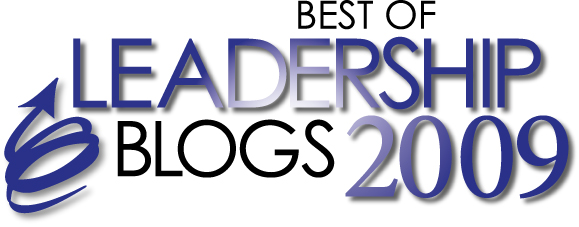 This is the third of a series of guest posts from the ten bloggers nominated for Best Leadership Blog of 2009 (place your vote here)
This is the third of a series of guest posts from the ten bloggers nominated for Best Leadership Blog of 2009 (place your vote here)John Bishop is a person who never fails to bring forth discussions and insights that are not only thought-provoking, but informational and inspirational also. An evidence to this is his tight knit following he has developed throughout the years; which he refers to as his Leadership Is a Verb Community. John continues to deliver pieces on not just leadership, but also mentoring, diversity and career development. Below is an exceptional blog post from John on how to make sure your priorities are getting done and other important things aren’t getting overlooked:
Understanding the Blind Spots – Leader’s Weaknesses and Mentoring Others
by John Bishop (March 26, 2009)

As a long time motorcyclist, I know the importance of constant situational awareness. This includes my mental state, the mechanical performance of the cycle, security of cargo and attentiveness of my favorite passenger. This does not even account for the countless traffic and road conditions around me.
Models are powerful things and John’s example proves it.  Consider using this model in your coaching and mentoring opportunities. This model can be especially helpful in supervisor development as well.
Consider using this model in your coaching and mentoring opportunities. This model can be especially helpful in supervisor development as well.
Make it one of your near term leadership activities to think about the models you use – consciously or unconsciously – use them more effectively in the days and weeks ahead.
In the meantime, vote for John or any of the other finalists here.

0 comments